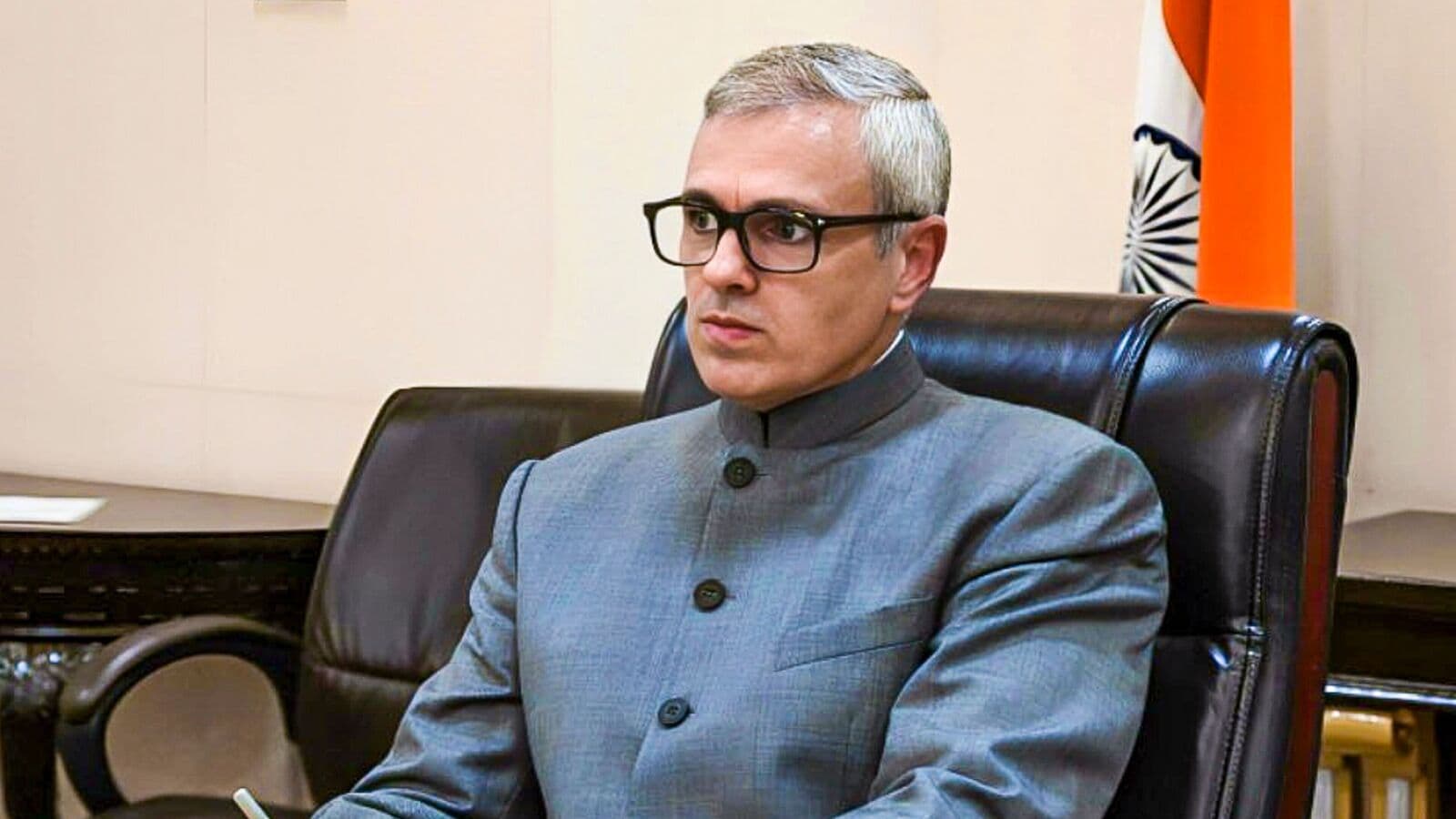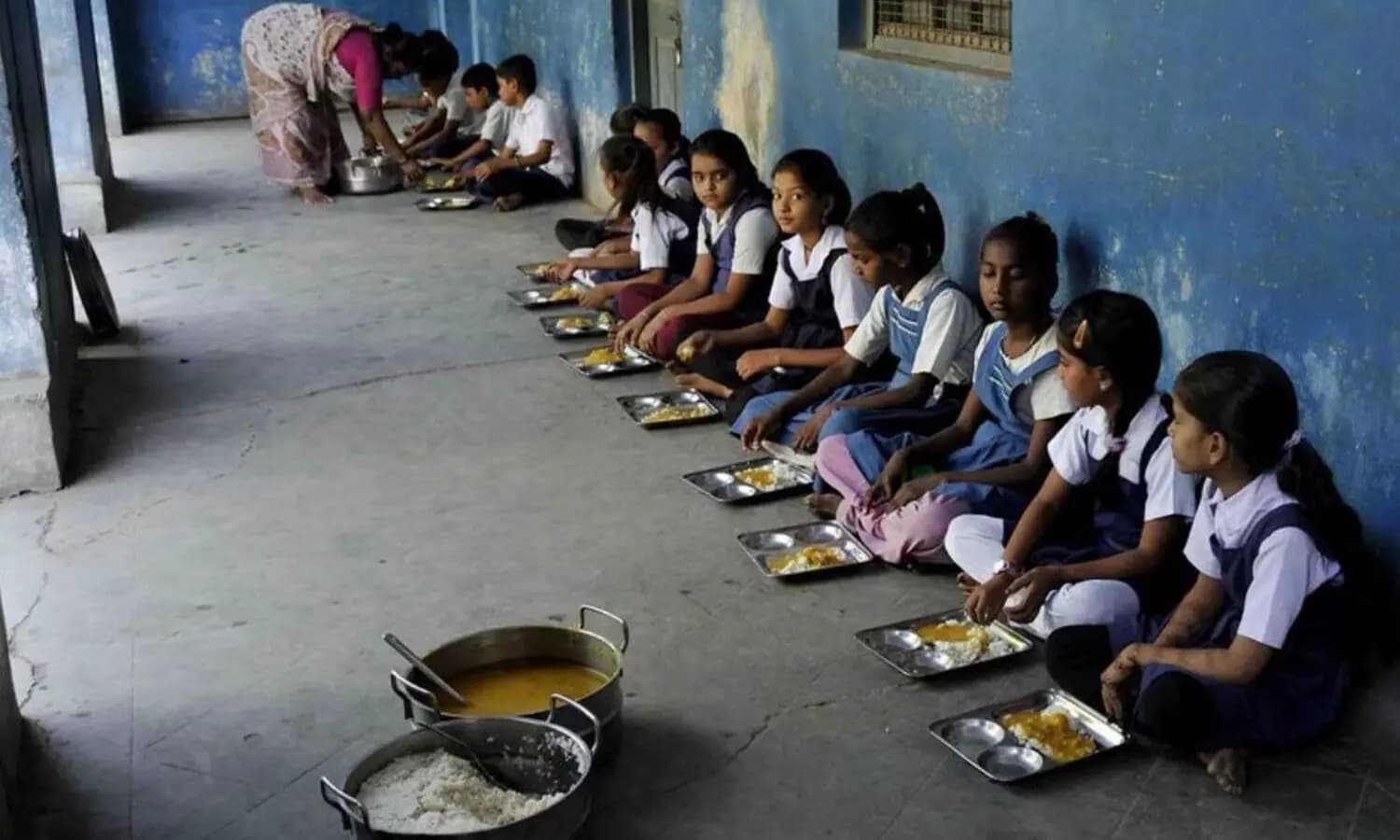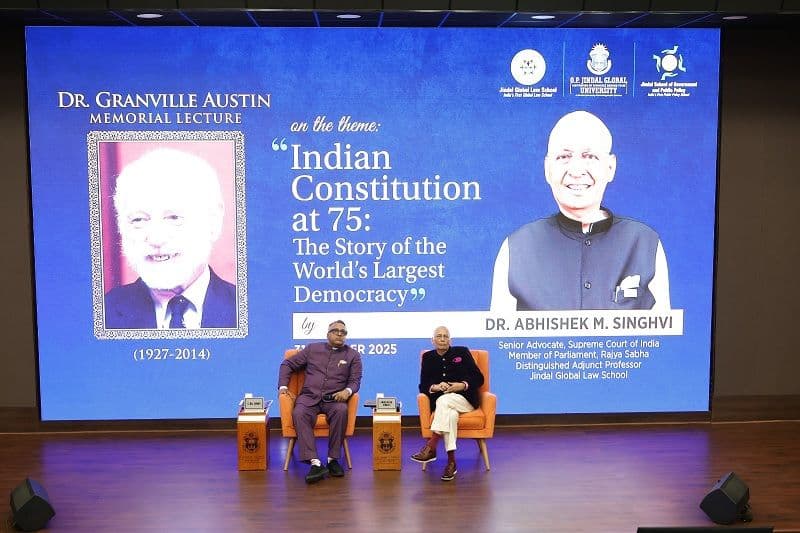“The Mexico-based CIMMYT (International Maize and Wheat Improvement Centre) has long played a crucial role in catalysing and sustaining the Green Revolution in India,” Ramesh said.
In the mid-1960s, its dwarf varieties of wheat called Kalyan Sona and Sonalika began the transformation of Indian agriculture and provided the material for the ICAR scientists to develop new blockbuster wheat varieties, the Congress general secretary said.
Even today, six of the top 10 wheat varieties cultivated by Indian farmers are derived from CIMMYT-based germplasm, he said.
“A number of Indian scientists have been stars at CIMMYT and have contributed to its successes. Two have become legendary names in plant breeding and genetics–Sanjaya Rajaram in wheat and Surinder Vasal in maize. Both have been awarded the World Food Prize,” Ramesh said.
Now with US President Donald Trump ending the US’ commitments to vital global organisations, the CIMMYT faces an uncertain future, he noted.
“This is the time for India to step forward boldly, recall with gratitude its association with CIMMYT for over six decades and fill, in good measure, the funding gaps being faced by CIMMYT. This would not only be in the national interest but also advance the cause of the Global South,” he asserted. PTI ASK RHL




